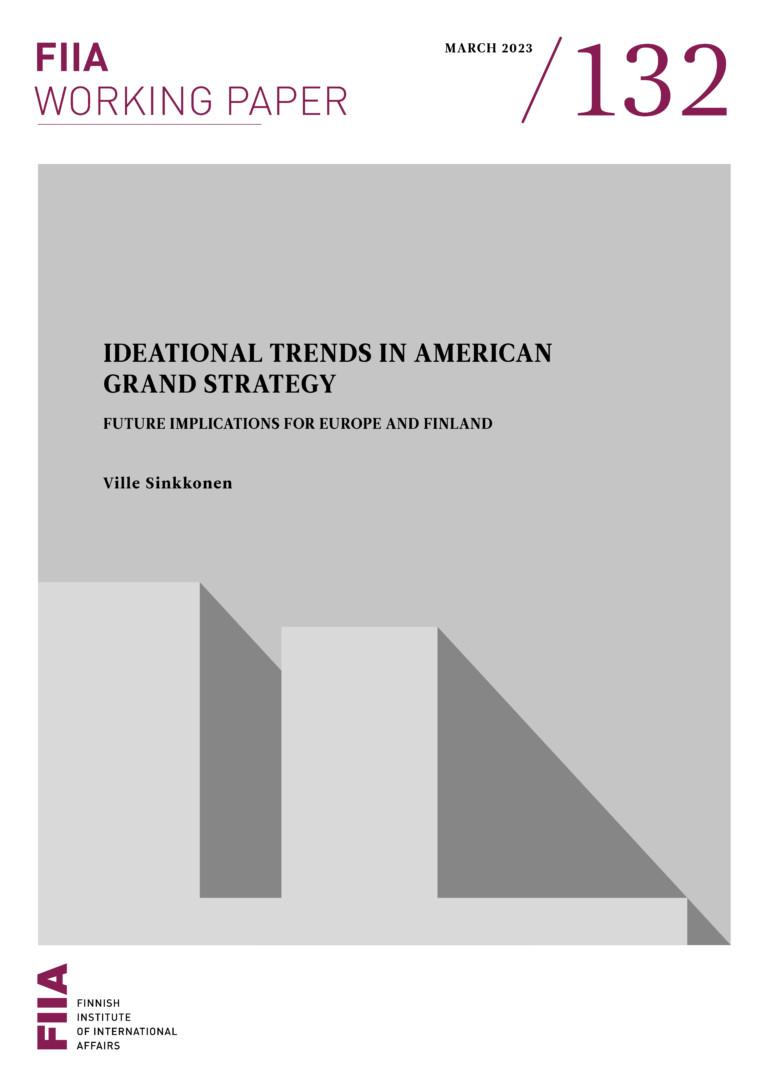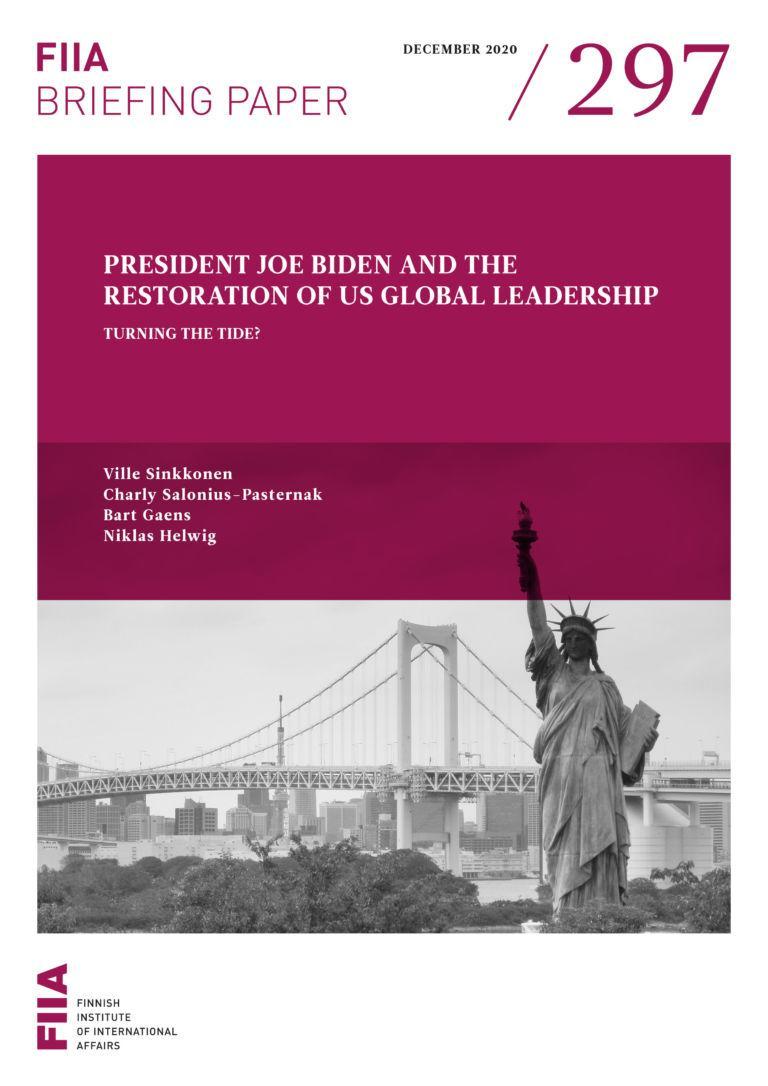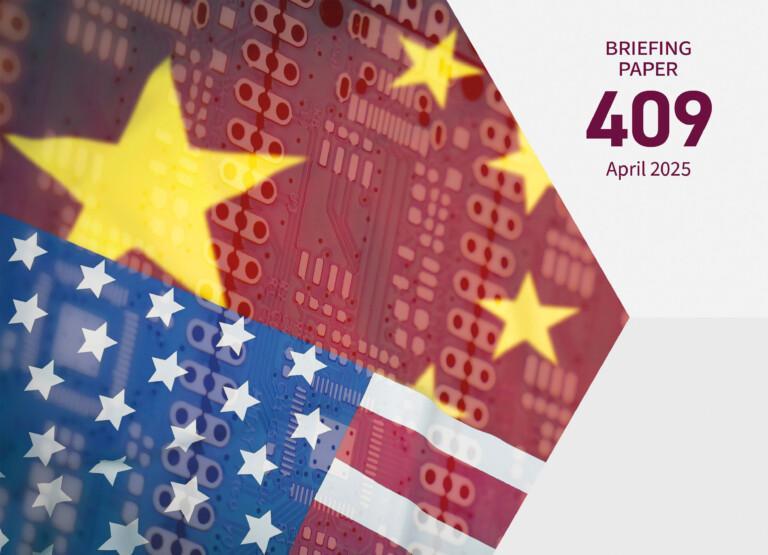
The global security landscape has evolved in the four years since President Donald Trump’s first term. The new administration aims to usher in a “Golden Age of America”, with impacts on domestic politics and society, as well as foreign policy.
Unlike in 2017, the incoming administration appears better prepared, with outlined plans and key appointments. However, chaotic decision-making processes and an emphasis on loyalty to Trump are likely to introduce unpredictability into governance and policymaking.
The administration’s unified domestic and foreign policy strategy can be viewed through four lenses: national sovereignty, economic nationalism, devolution, and the unmooring of power.
The Trump administration is likely to embrace disruption and chaos to achieve revolutionary rather than evolutionary change. This thinking draws on tech-inspired startup culture and generational-revolutionary philosophies, which perceive the US as being in a moment of crisis that will usher in a new historical epoch.
Key uncertainties remain regarding the administration’s long-term effects on democracy, alliances, and great power competition, particularly concerning trade-security linkages and alliance relations with Europe and Asia.










